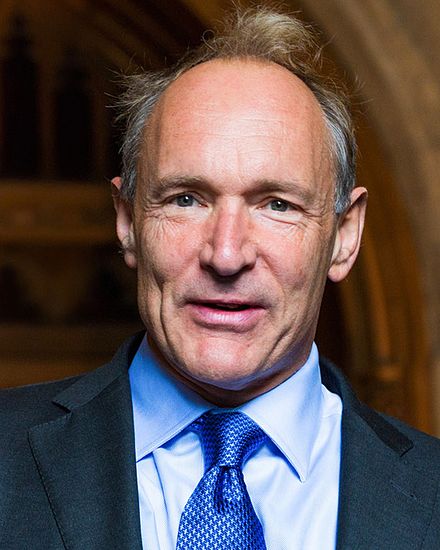As We May Think - response
Vannevar Bush wrote the piece in 1945, while he was working as the Director of the Office of
Scientific Research and Development during the Second World War. As We May Think
,
was written to consider what should now be at the forefront of technological advancement,
now that all efforts weren't diverted toward the war. Largely, As We May Think
, focuses on human memory and the categorization of human information,
in a way that is valuable and meaningful. Bush says in the piece that technology has "enabled man to manipulate and to make
extracts from that record so that knowledge evolves and endures throughout the life of a race rather than that of an individual".
Which gives us as humans a huge responsibility to organize the information that we have in a way that is clear and effective for the future generations.
He also says that in order for our human record to be useful on an ongoing basis, it "must be continuously extended, it must be stored, and above all it must be consulted".
But how realistic is it that the totality of human information is consulted on each and every scientific decision? And how are we to ensure that all the information being
stored is factual? I think the largest problem facing this topic is not a limit in technology, but instead a result of human irresponsibility.
Most information forums are open-sourced, which means that the responsibility of fact-checking falls upon the reader, which unfortunately means in today's
society that it largely goes undone.

